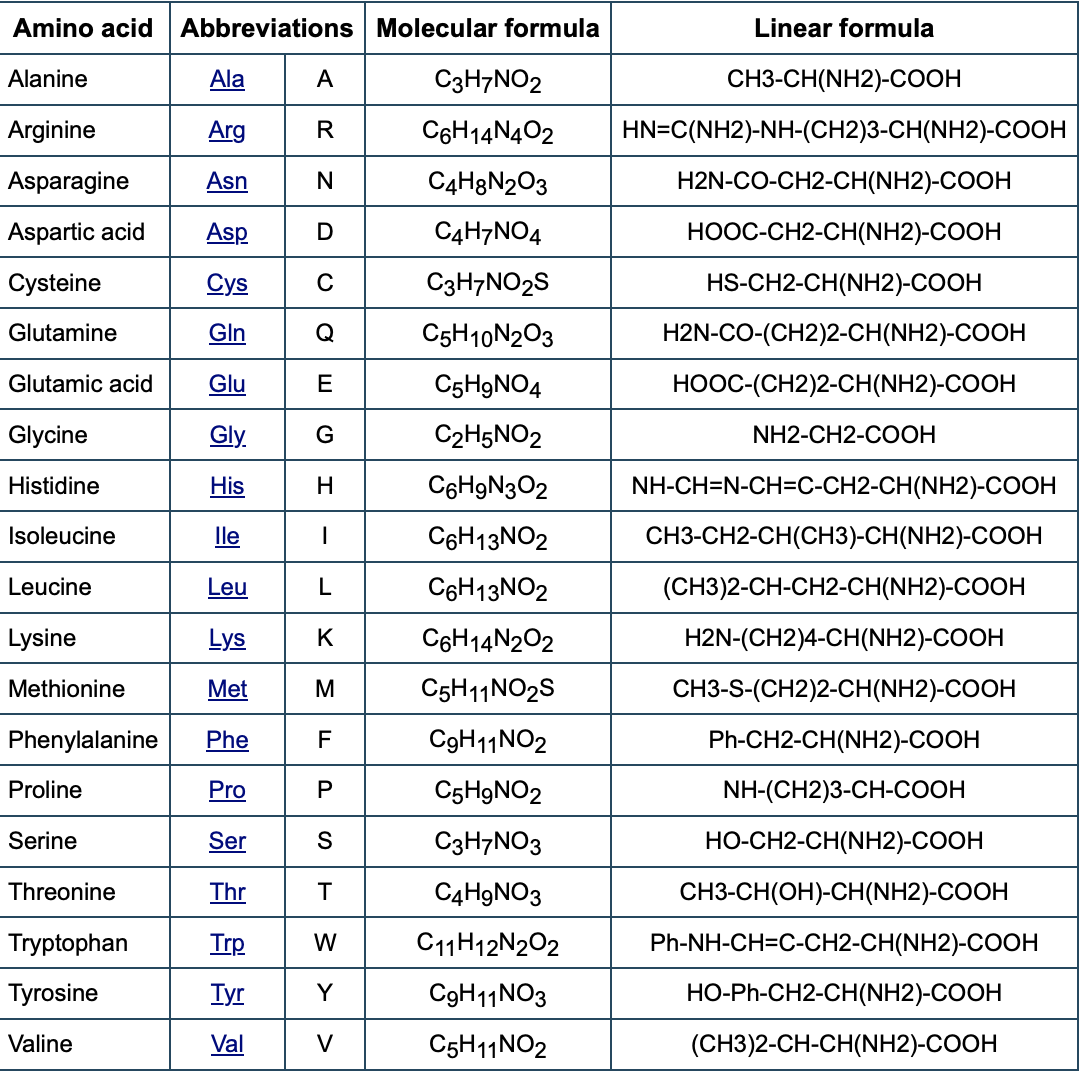Bureaucracies Utterly Incapable Of Making Reasonable Tradeoffs
/Often I focus on bureaucratic regulation of energy because the ability to restrict use of energy is the ultimate societal control. Once they have obtained the ability to restrict use of energy, bureaucrats could, if they choose, take away most of our freedom to enjoy life and return us to the income levels of the Stone Age. Will they stop before going that far, making reasonable tradeoffs to enable the people to flourish economically? Or will they instead pursue environmental purity without concern for the well-being of the populace?
So far all indications are that bureaucracies — and environmental bureaucracies in particular — are utterly incapable of making reasonable tradeoffs. You don’t go into a career as an environmental bureaucrat if you think that your concern for the environment is something that can or should be compromised.
In the U.S., battle is currently joined on multiple fronts as to whether unaccountable bureaucracies get to declare the non-toxic beneficial gas CO2 a “danger” to human health and welfare and thereby claim the ability to shut down the entire fossil fuel energy economy and force a multi-trillion dollar (and probably impossible and impoverishing) energy transition on the people. (One such front is the litigation where I am one of the lawyers, CHECC v. EPA, pending in the DC Circuit Court of Appeals.). Also in the U.S., the Supreme Court, in the recent case of West Virginia v. EPA, has announced what they call the “major questions doctrine,” where bureaucrats, at least in areas of “major” economic impact, are to some degree constrained in their exercise of power by the explicit delegations of authority granted them by Congress. To the extent that restrictions on human activity in the name of the environment must gain approval from the Congress, there is at least a forum for competing interests to be heard, for tradeoffs to be considered, and for big mistakes to get corrected before enormous economic damage can be done.
But consider for a moment how it works in the different governance model of the EU, where bureaucrats answer to no one and are virtually unconstrained. This consideration is relevant to the U.S. situation, because the EU governance model of the unconstrained bureaucratic state, at least as to environmental issues, is the one favored by Democrats in our Congress and by the “liberal” justices on the Supreme Court.
Over in the EU, they have decided that nitrogen — or maybe it is “reactive nitrogen” — is a pollutant. And pollutants are bad, and therefore they should be reduced or, better, eliminated. And the bureaucracies have been empowered toward this goal.
Well, here’s the problem. Nitrogen is an essential building block of life, including human life, without which we all starve to death. Every protein is made up of amino acids, and every amino acid has at least one atom of nitrogen in it. Here is a table of the chemical formulas of the main amino acids:
So no nitrogen, no proteins. And no proteins, no people. So where are we going to get the nitrogen to make up our proteins? The air is about 78% nitrogen — how about just take it from there? But it turns out that neither plants nor animals have the ability to make direct use of the nitrogen in the air. Instead, the nitrogen needs to be “fixed” into the soil in some “reactive” form for plants to be able to use it; and then, animals get the nitrogen for their proteins from the plants. Throughout history, humans depended on the luck of the level of the nitrogen-fixing bacteria in the soil to grow edible plants to make their proteins. But often the soil quality would be low. One way to up the nitrogen content of soil was animal manure. And then came along the technological advance of figuring out how to combine nitrogen from the air with hydrogen, generally from natural gas, to make ammonia (NH3) for fertilizer that could be spread on the ground. Between widespread use of manure and increase in manufactured ammonia fertilizers, suddenly lack of usable nitrogen in the soil was no longer a limiting factor on ability to grow crops. Over the twentieth century, and particularly the later decades, yields soared.
Here is a stock photo of crops on the same field, with and without nitrogen fertilizer:
But meanwhile over in the EU (and not just there), the battle of the bureaucrats to eliminate nitrogen pollution is in full swing. You probably recall the protests of the Dutch farmers from last summer. From Reuters, June 22, 2022:
Thousands of farmers were gathering in a village near the centre of the Netherlands on Wednesday to protest a government plan to curb nitrogen pollution. . . . The protest in Stroe, 70 kilometres east of Amsterdam, follows the introduction last week of targets for reducing pollution by harmful nitrogen compounds in some areas by up to 70% by 2030. . . . Reductions are necessary in emissions of nitrogen oxides from farm animal manure and use of ammonia for fertilisation, the government says. Nitrogen oxides in the atmosphere help form acid rain, while fertiliser washed into lakes can cause algal blooms that kill marine life.
But how about the need for nitrogen for proteins to keep the human population alive? They seem to have completely lost track of that. This is an area where the absolute goal of “no nitrogen” is completely insane. Sure, too much nitrogen in the wrong form and in the wrong place at the wrong time can be a problem. But nitrogen in sufficient amounts in a form usable in the soil is completely essential to feeding the human population here on earth. Tradeoffs must be made. Yet the bureacuracies, in their zealotry, appear completely incapable of even considering such heritical ideas.
This week the farmer protests have moved on to Belgium, which has joined the war against nitrogen-emitting agriculture. From Reuters, March 3:
Farmers from Belgium's northern region of Flanders drove thousands of tractors into Brussels on Friday in a protest against a new regional government plan to limit nitrogen emissions. . . . Agricultural organisations said in a joint statement that the nitrogen agreement as it now stands "will cause a socio-economic carnage".
I’ve got news for the EU bureaucrats: you can put all your farmers out of business, but unless you are planning to starve your own people the food will have to be produced somewhere, and the nitrogen “emissions” will be essentially the same. They’ll just be moved somewhere else. I’m old enough to remember when being self-sufficient in food production and not dependent on food imports was considered a positive good for a country. But that was before environmental zealotry went to the extremes that we see today.

